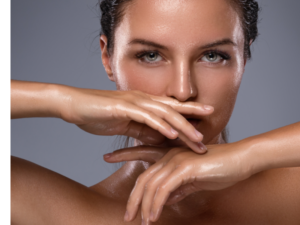
Dealing with oily skin can be a daily challenge. It’s characterized by an overproduction of natural oils, which can leave your face looking shiny and prone to breakouts. Managing oily skin effectively involves adopting specific skincare routines and products that help control oil production without stripping your skin of essential moisture. Here, we’ll explore practical tips to keep your skin balanced and healthy, so you can feel confident every day.
*As an Amazon Associate, I earn from qualifying purchases. This means I may earn a small commission if you purchase products through my affiliate links at no extra cost to you.*
Common Causes Of Oily Skin
- Genetics: Oily skin can be inherited, meaning you're more likely to have it if your parents did.
- Hormonal Changes: Fluctuations in hormones, especially during puberty, menstruation, pregnancy, and menopause, can increase oil production.
- Stress: Stress triggers the release of hormones like cortisol, which can stimulate oil glands and lead to increased oil production.
- Diet: Consuming a diet high in greasy or fried foods, as well as sugary or processed foods, can exacerbate oily skin.
- Over-washing or Harsh Cleansers: Washing your face too frequently or using harsh cleansers can strip the skin of its natural oils, leading to rebound oil production.
- Environmental Factors: Hot and humid weather can stimulate oil production, as can exposure to pollution and certain skincare products.
- Medications: Certain medications, such as birth control pills or hormone replacement therapy, can affect hormone levels and contribute to oily skin.
Characteristics Of Oily Skin
Oily skin is characterised by several distinct features. Firstly, it tends to have an excessive shine, particularly noticeable in the T-zone comprising the forehead, nose, and chin areas. Additionally, the pores on oily skin are often enlarged and more visible due to the accumulation of oil and debris. This skin type is also prone to acne breakouts, including blackheads, whiteheads, and pimples, as a result of clogged pores and increased oil production.
Oily skin can be sensitive to weather changes, becoming oilier in hot and humid conditions and drier in cold, dry weather. Makeup tends to have difficulty adhering to oily skin, often sliding off more easily and requiring frequent touch-ups throughout the day. Lastly, individuals with oily skin may feel the need to cleanse their skin frequently to remove excess oil and maintain a matte appearance.
A Minimalist Routine For Oily Skin
Morning Routine:
- Cleanser: Start your day with a gentle foaming cleanser to remove excess oil and impurities without stripping the skin. CeraVe Deep Pore Cleansing for the Face, or
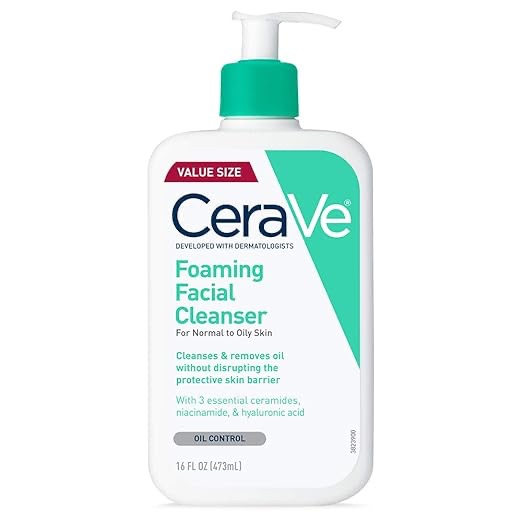
- Toner: Use an alcohol-free toner to balance the skin's pH levels and minimize the appearance of pores. Neutrogena Visibly Clear Anti-Blackhead Facial Toner Fights acne, reduces inflammation, and removes excess oil. Paula's Choice Skin Balancing Facial Toner balances oil production, minimizes pores, and hydrates skin.
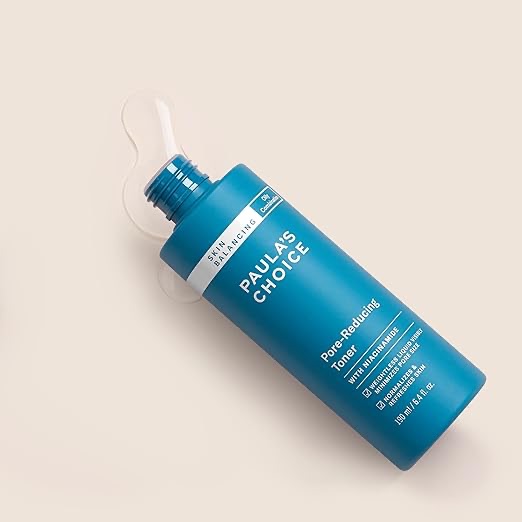
- Lightweight Moisturizer: Apply an oil-free moisturizer with ingredients like hyaluronic acid to hydrate the skin without adding extra oil.
La Rochey-Posay Effaclar Mat Daily Moisturizer Controls shine and reduces the appearance of pores.
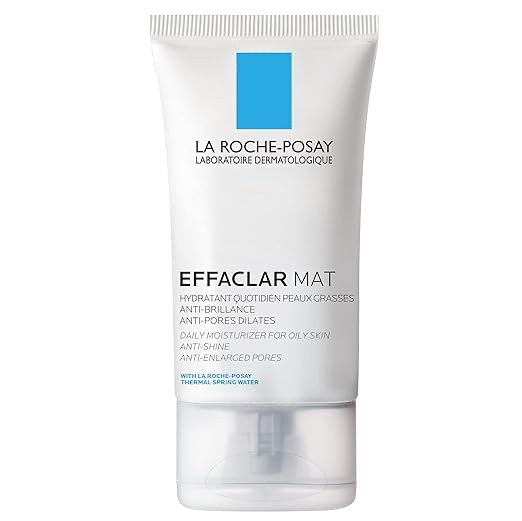
- Sunscreen: Finish with a broad-spectrum sunscreen with a matte finish to protect your skin from harmful UV rays without adding shine. EltaMD - UV Clear Facial Sunscreen SPF 46 Calms and protects sensitive skin.
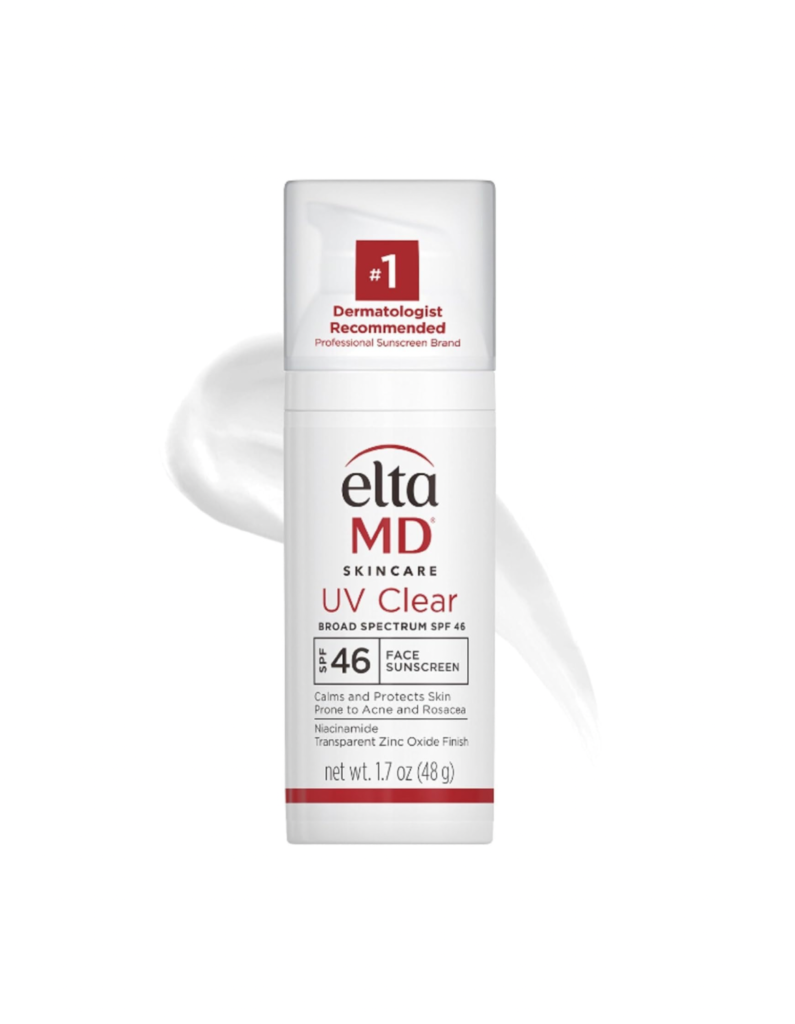
Evening Routine:
- Double Cleanse: Begin with an oil-based cleanser to dissolve makeup and excess oil, followed by a gentle foaming cleanser to thoroughly cleanse the skin. La Roche-Posay Effaclar Foaming Cleansing Gel gently removes excess oil and impurities, leaving the skin feeling clean, fresh, and mattified.
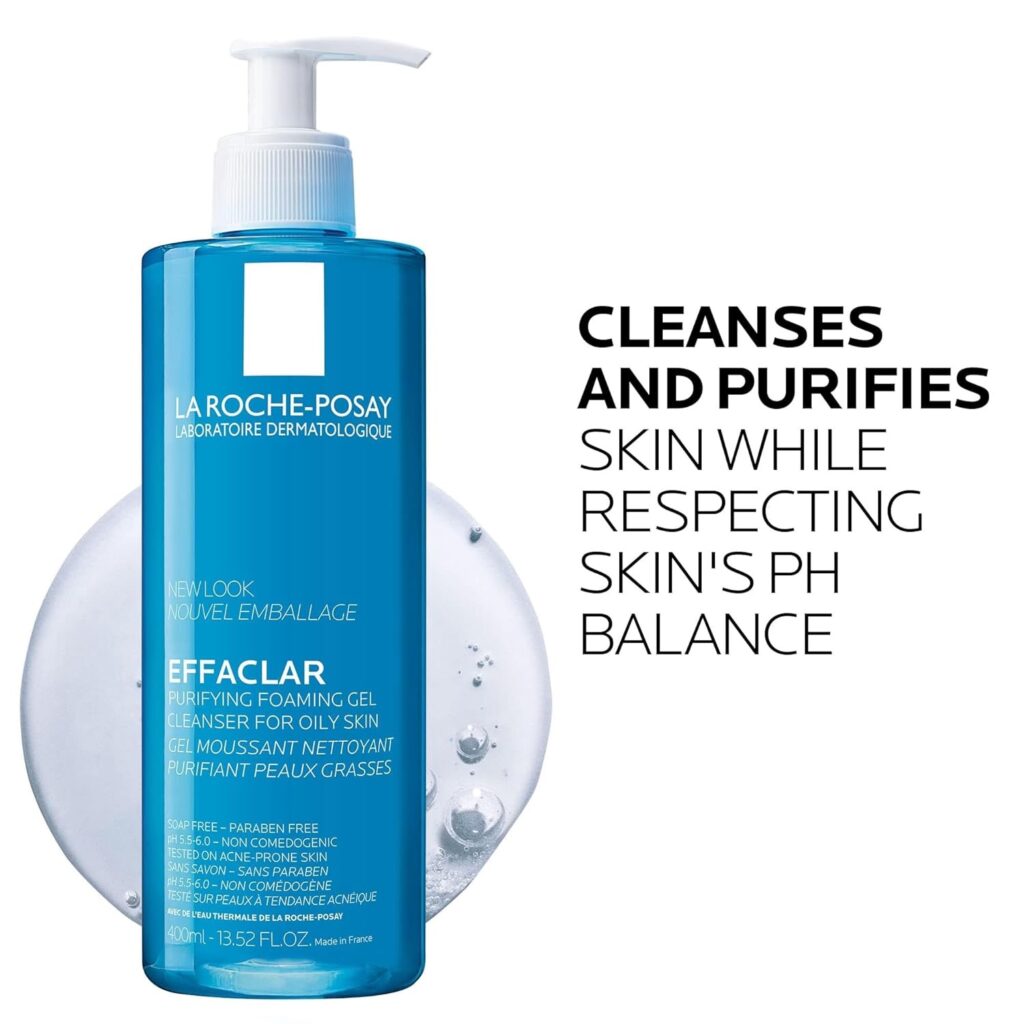
- Exfoliation (2-3 times a week): Use a chemical exfoliant containing salicylic acid or glycolic acid to remove dead skin cells, unclog pores, and prevent breakouts. Paula's Choice Skin Perfecting 2% BHA Liquid Exfoliant Unclogs pores, reduces blackheads, and smooths skin texture.
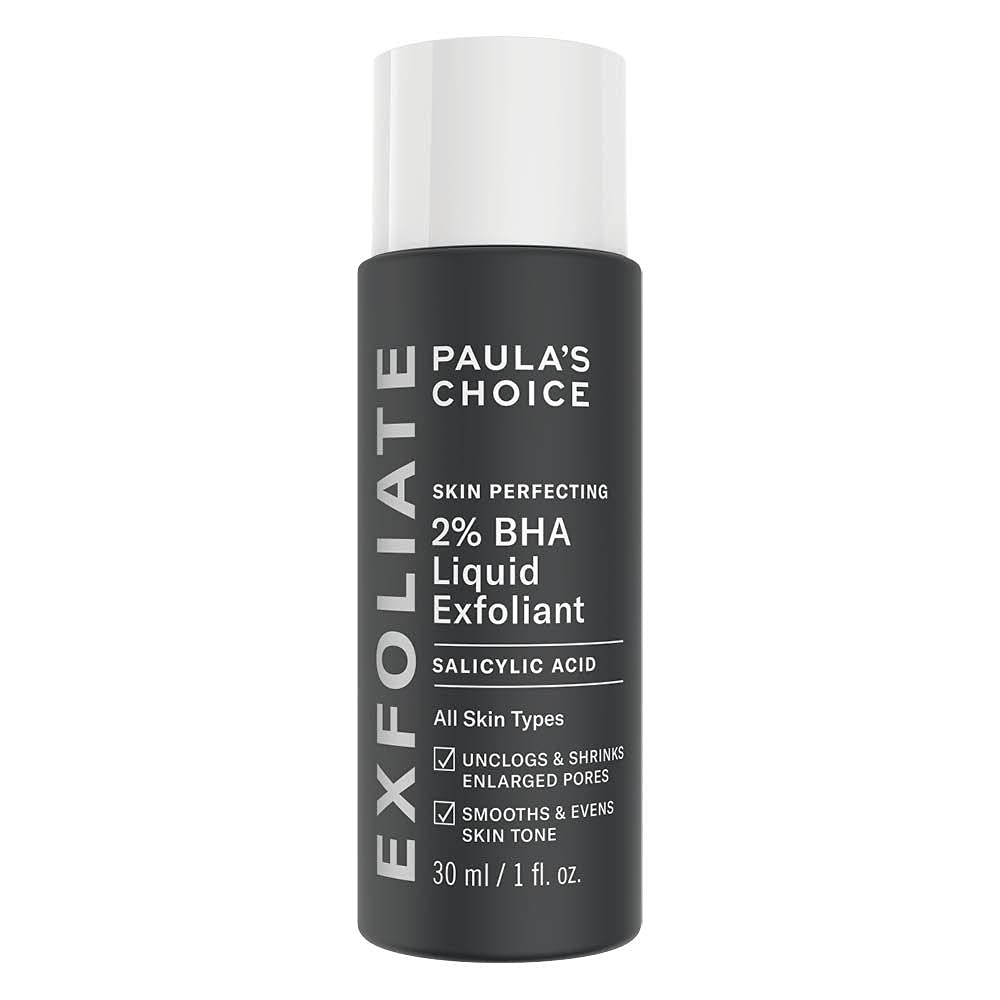
- Treatment: Apply a targeted treatment containing benzoyl peroxide or retinoids to treat acne and prevent future breakouts. The Murad Deep Relief Acne Treatment is an overnight solution for deep, cystic acne. It quickly reduces redness and inflammation, targeting painful blemishes with salicylic acid and anti-inflammatory ingredients. Ideal for stubborn breakouts.
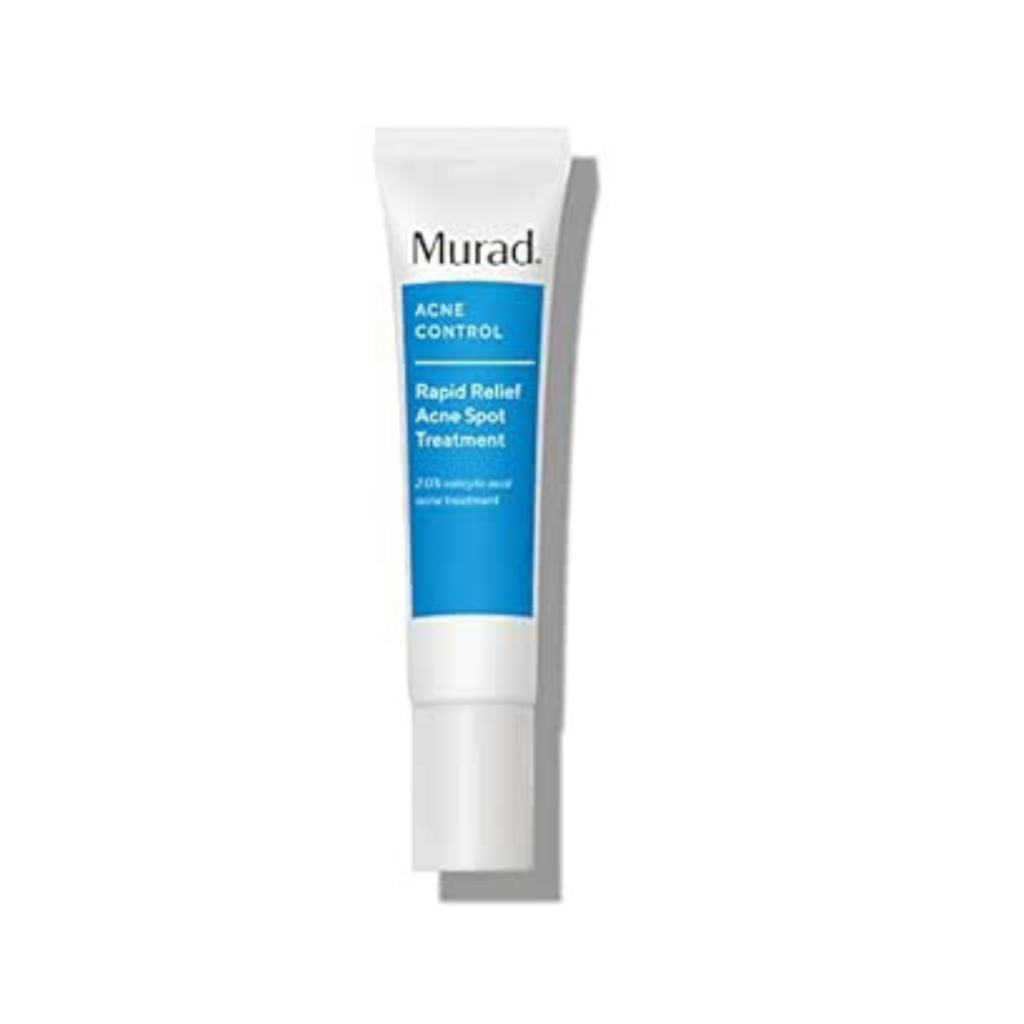
- Moisturizer: Follow up with a lightweight, oil-free moisturizer to keep the skin hydrated overnight. Neutrogena Hydro Boost Aqua Gel Moisturiser for Normal and Combination Skin Controls shine and hydrates without clogging pores.
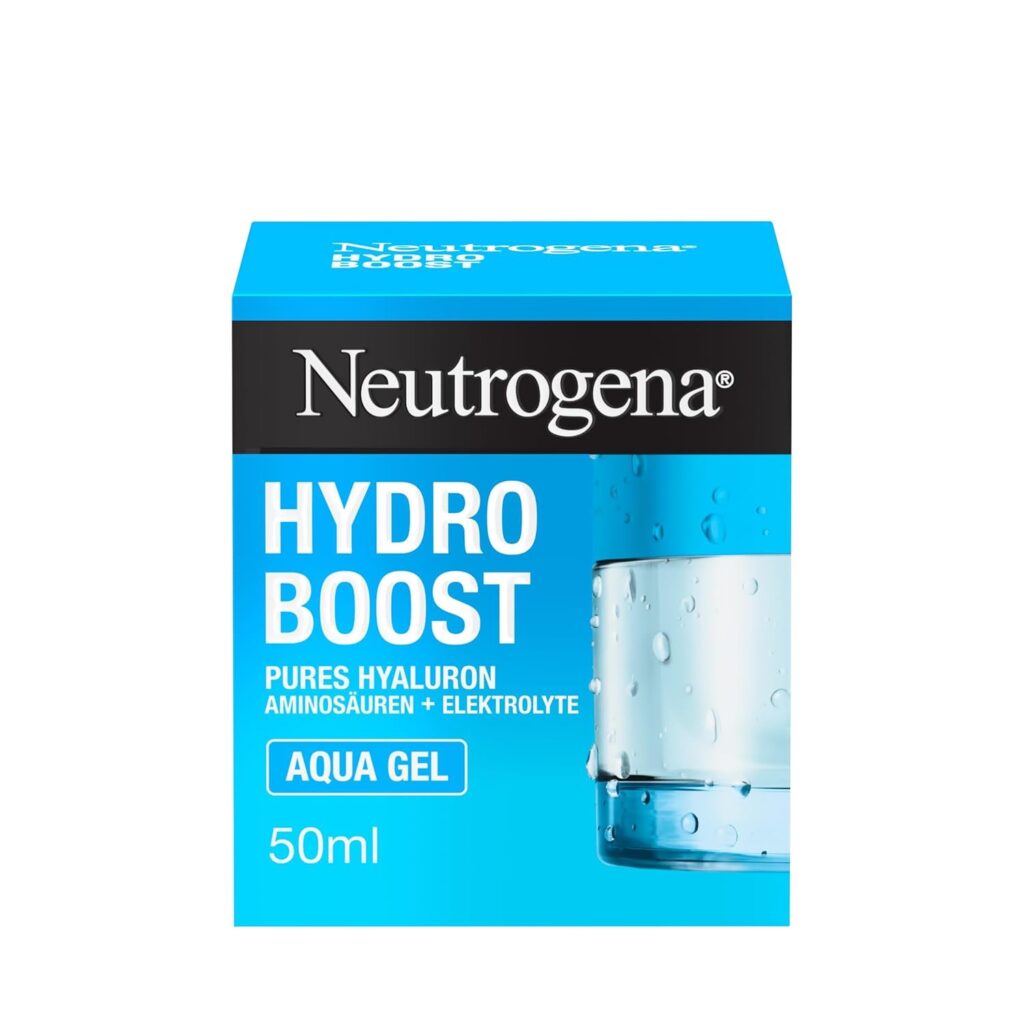
Weekly Routine:
- Mask (1-2 times a week): Use a clay mask or a charcoal mask to absorb excess oil, minimise the appearance of pores, and purify the skin. Feeling Beautiful Mint & Lemon Clay Mask offers deep cleansing, pore-tightening, and refreshing benefits due to its mint and lemon combination. The Innisfree Super Volcanic Pore Clay Mask provides deep cleansing, sebum control, and pore tightening for smoother, clearer skin. You might also be interested in my latest post on facial masks for oily skin. please check it out!
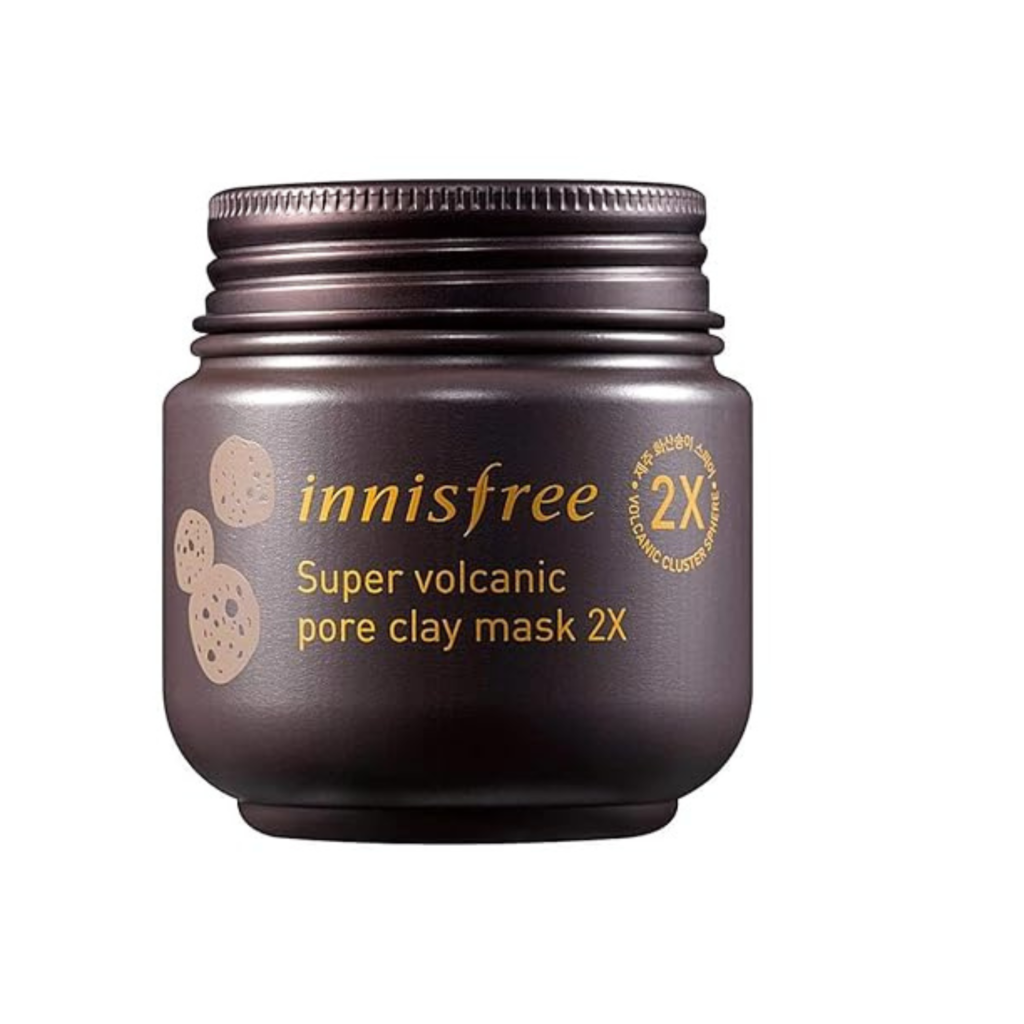
Key Ingredients For Oily Skin In Skincare Products
- Salicylic acid: Unclogs pores and reduces acne.
- Hyaluronic acid: Hydrates without adding oil.
- Niacinamide (Vitamin B3): Regulates oil production, reduces inflammation, and minimises pore size.
- Glycolic acid: Promotes exfoliation and prevents pore congestion.
- Retinol: Regulates oil production, improves skin texture, and reduces acne scarring.
Ingredients to avoid:
- Mineral oil
- Petroleum jelly
- Coconut oil
- Alcohol-based products
Tips for Managing Oily Skin
- Cleanse: Use a gentle cleanser twice daily to remove excess oil.
- Moisturize: Use an oil-free moisturiser to hydrate without adding extra oil.
- Products: Choose oil-free or non-comedogenic skincare and makeup.
- Acne Treatment: Use products with benzoyl peroxide or salicylic acid for acne.
- Blotting Papers: Keep them handy to absorb excess oil during the day.
- Hydration: Drink plenty of water for overall skin health.
- Diet and Exercise: Eat balanced meals and exercise regularly.
- Stress Management: Manage stress levels to support healthy skin.
- Avoid Touching: Don’t touch your face to prevent spreading oil and bacteria.
In conclusion, effectively managing oily skin involves addressing its key characteristics, including excess sebum production, enlarged pores, and susceptibility to acne. It is essential to maintain a tailored skincare routine that includes gentle cleansing, oil-free hydration, and targeted treatments. Moreover, considering environmental influences and choosing appropriate makeup products can further optimize oily skin management. With consistent care and attention to these factors, individuals with oily skin types can achieve healthy, clear skin.
